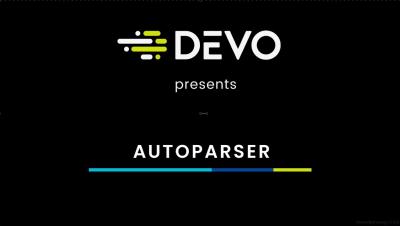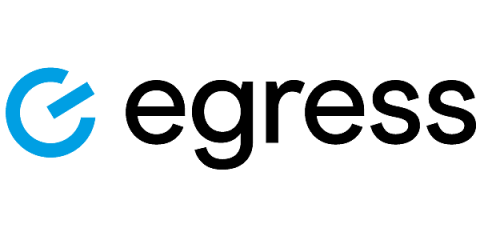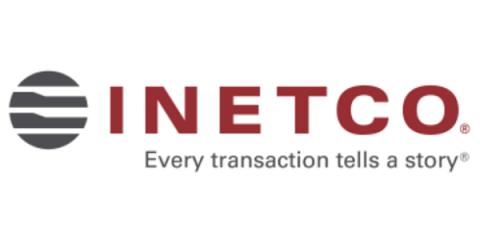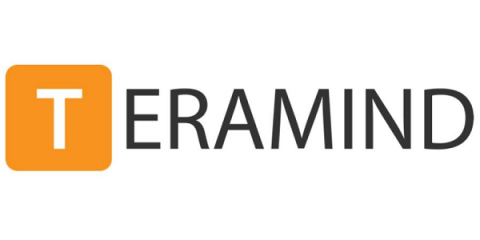Security | Threat Detection | Cyberattacks | DevSecOps | Compliance
Security
CIS Control 07: Continuous Vulnerability Management
When it comes to cybersecurity, vulnerability management is one of the older technologies that still play a critical role in securing our assets. It is often overlooked, disregarded, or considered only for checkbox compliance needs, but a proper vulnerability management program can play a critical role in avoiding a series data breach. CIS Control 07 provides the minimum requirements, table stakes if you will, for establishing a successful vulnerability management program.
Choosing the Right Privileged Access Management (PAM) Solution
Are you in the process of evaluating privileged access management solutions? Read on to learn what you should focus on to choose the right PAM solution to protect your organization’s data.
Supply chain attacks: Who's your weakest link?
Supply chains are at the front of everyone’s minds right now. From fuel and food to toys at Christmas – the general public are starting to understand just how finely balanced the global supply chain truly is. Events like microchip shortages in Taiwan and the Ever Given blocking the Suez canal show how interconnected modern economies are, and how dependent our huge populations are on effective supply chains.
5 Reasons Every AEC Firm Should Care about CMMC
Since the Cybersecurity Maturity Model Certification (CMMC) was released in January 2020, there has been a lot of hand-wringing over what it means and who should actually care. This is especially true for AEC firms, many of which figure this regulation only applies to big system integrators and defense contractors like Northrup Grumman and Boeing. But CMMC isn’t just about large enterprises. Any organization that currently contracts with, or plans to contract with the U.S.
5 Trends in Ecommerce Fraud: How to Protect Your Business in 2021 and Beyond
These days, when I cautiously venture to my favourite shopping mall on a weekend, I notice how different it is from a year-and-a-half ago, when no one had ever heard of COVID-19. It is busy, but not nearly as busy as it was back then. Sadly, I can rarely find my shoe size as merchandise stocks are low due to COVID-related supply chain issues.
Are bad bots on your website disrupting your SEO strategy?
Search engine optimization is one of the most important aspects of any business’s online marketing strategy. A well-maintained SEO plan provides a low-cost, long-term stream of relevant traffic into a website. Conversely, bad SEO can be very damaging to a business. Poor visibility on search engines like Google hands revenue over to competitors, forces higher spend on PPC advertising, and can damage trust with potential customers searching for you online.
Keep CALMS with Intelligent Orchestration and Code Dx
Achieving a culture of DevSecOps is possible with the help of solutions like Intelligent Orchestration and Code Dx. As a trusted adviser to my clients, I use my unparalleled experience with a broad range of security tools to help them build and mature security programs. I work tirelessly to help them break down silos, facilitate collaborative change, create a culture of lean learning, and ensure continuous feedback and sharing, so they can build pipelines that are intelligent and risk-based.
Sysmon, The B-sides: Event Codes That Might Not Get As Much Attention...Just In Time For BOTS!
For those who have played our Boss of the SOC competition or attended our security workshops, you are undoubtedly aware of Frothly, but in case you are not, here is a quick primer. Frothly is a fictional brewing supply company based in San Francisco who has successes and challenges, just like any other organization.
The Future Of Cybersecurity | 5 Reasons Cybersecurity Deserves Your Attention Today
Already a significant concern before 2021, this year has revitalized cybersecurity as a top priority for every organization. Highly consequential cybersecurity incidents at companies like Colonial Pipeline, Kaseya, and T-Mobile brought front-page coverage to the issue, while cybersecurity attacks on small and medium-sized businesses soared, spreading the reach of threat actors.











